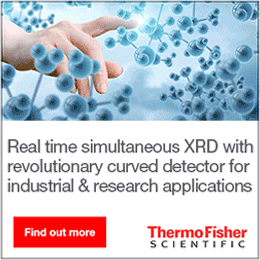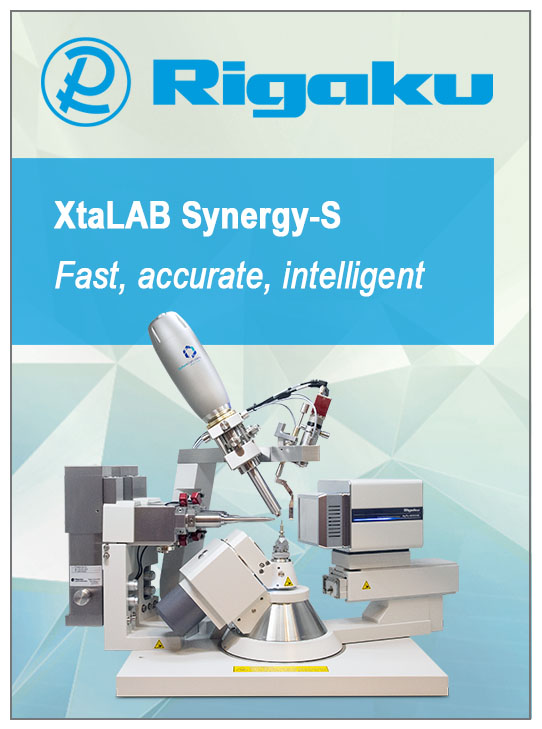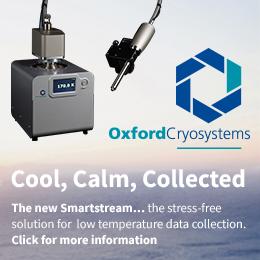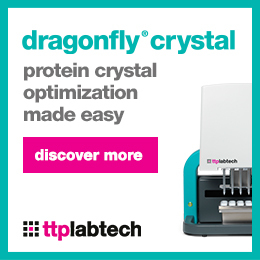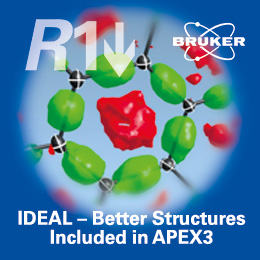


Meeting report
SEACOAST 2019: a new crystallographic workshop in Southeast Asia
![SEACOAST-attendees [SEACOAST-attendees]](https://www.iucr.org/__data/assets/image/0004/142888/attendees.jpeg)
Participants and organizers of the SEACOAST 2019 workshop.
With the robustness of the method and the highly successful automation of almost all of its steps, macromolecular crystallography is featured less prominently in a typical university curriculum. As a consequence, workshops dedicated to more systematic training in both the theory and the practice are shouldering a more and more important role in crystallographic education. The Collaborative Computational Project number 4 (CCP4) has a rich tradition of holding such workshops around the world, along with other training courses arranged by other organizations. There are now regularly organized workshops in Europe, USA, South America and Asia. One region that is much less represented in this aspect is Southeast Asia.
The Workshop
To address this issue, King Mongkut’s University of Technology Thonburi (KMUTT) in Bangkok, Thailand, hosted an inaugural workshop entitled “SouthEast Asian Crystallographic Overview And Systematic Training” (SEACOAST). The workshop was held from 21 to 26 January 2019 and was focused on fundamentals of crystallography and modern crystallographic computational tools. It was organized by Ruslan Sanishvili (Nukri) from Argonne National Laboratory, USA; Ronan Keegan, CCP4, STFC Rutherford Appleton Laboratory, UK; and Garib Murshudov MRC LMB, UK; with Leela Ruckthong of KMUTT taking the lead in all aspects of local organization. All steps of macromolecular crystallography, from cloning and protein purification to structure refinement and bioinformatics, were addressed by 14 local and international speakers: Terese Bergfors, Uppsala University, Sweden; Ronan Keegan, CCP4, Harwell, UK; Eugene Krissinel, CCP4, Harwell, UK; Andrey Lebedev, CCP4, Harwell, UK; Andrew Leslie, MRC LMB, Cambridge, UK; Bernhard Lohkamp, Karolinska Institutet, Sweden; Garib Murshudov, MRC LMB, Cambridge, UK; Nuttawan Pramanpol, SLRI, Thailand; Leela Ruckthong, KMUTT, Thailand; Marasri Ruengjitchatchawalya, KMUTT, Thailand; Ruslan Sanishvili, APS, Argonne National Laboratory, USA; Tom Terwilliger, Los Alamos National Laboratory, USA; Andrea Thorn, University of Wuerzburg, Germany; and Clemens Vonrhein, Global Phasing Ltd, Cambridge, UK.
The daily schedule was made up of lectures in the morning to introduce the theory and concepts of macromolecular crystallography, followed by tutorials on software programs and hands-on problem-solving sessions where the participants worked on their own difficult data with lecturers providing expert guidance.
![[Lecturers]](https://www.iucr.org/__data/assets/image/0003/142896/lecturers.jpeg) Garib Murshudov (left) and Andrea Thorn giving lectures.
Garib Murshudov (left) and Andrea Thorn giving lectures.
Participation
SEACOAST 2019 was mainly intended for graduate students, postdoctoral researchers and early career scientists from academic and industrial institutions. The workshop attracted considerable interest from researchers in the Southeast Asian region and beyond. The group of 30 participants, selected from an applications pool, comprised the trainees from Thailand, Malaysia, Singapore and Japan, represented by a broad spectrum of expertise from novices to structural biologists with considerable experience, and a wide range of scientific projects from studying chemical composition in spent grains to understanding the origins of cell evolution.
ImpactAbout half of the class were novices in macromolecular crystallography while the other half had reasonable experience. The content of the workshop, which comprised a theoretical foundation, tutorials and hands-on sessions, was a perfect fit for such a wide range of knowledge base. Less experienced students benefitted from in-depth lectures on theory to establish a solid foundation on which to build further learning. Researchers with problem data sets deepened their knowledge in basics and were able to resolve the technical challenges they faced in their projects.
Out of the selected 30 applicants, 14 brought their own data to work on during the problem-solving sessions. Seven new structures were solved within this group during the workshop, utilizing both experimental phasing, including S-SAD, and molecular replacement. Some of the projects benefitting from these newly solved structures included the p-hydroxyphenylacetate (Hpa) degradation pathway, which is important in the degradation of natural and synthetic aromatic compounds; multi-drug resistance; antimalarial drug development; anti-parasitic inhibition; and biocatalysts in a broad range of natural, synthetic and degradation processes.
Feedback
The primary purpose of SEACOAST 2019 was to promote and enhance crystallographic education in the Southeast Asian region. The workshop was successful in achieving this goal, as attested by the feedback received from the students and lecturers in private conversations and in an anonymous survey: “The course was very useful. I learned fundamentals which are not taught in regular school courses.” “I learned the importance of data collection and data processing.” “This workshop is a great opportunity for people working in the field of crystallography. It enhances our knowledge of fundamentals of the technique of crystallography.”
The same was evident in a more formalized survey where specific aspects of the workshop were ranked according to the level of satisfaction.
Future
Encouraged by the success of SEACOAST 2019, we are planning to organize a similar workshop in the second half of January 2020. While all aspects of the workshop garnered high praise, both the students and the lecturers made a number of useful suggestions and we believe incorporating these ideas will further elevate the quality of the next workshop. We are also considering adding a data collection component where the participants will acquire practical data collection skills from hands-on experiments at synchrotron beamlines.
Acknowledgements
We would like to express our gratitude to the KMUTT; Faculty of Science, KMUTT; Department of Chemistry, KMUTT; and Science and Technology Facilities Council, UK for their generous funding of the workshop, and to the Thailand Research Fund; Horiba Scientific; Protein Society of Thailand; N K LABORATORY, (THAILAND) CO. LTD; IRPC; LAB SYSTEMS CO. LTD and T.S. Inter Lab Limited Partnership, for their generous contributions as well.
We are sincerely grateful to the former and current presidents of KMUTT, Sakarindr Bhumiratana and Suvit Sae Tia, respectively; the dean of the Faculty of Science, Thiradet Jiarasuksakun; the advisor to the president, Vanida Bhavakul; and the head of the Chemistry Department, Anawat Pinisakul for their support and encouragement, and to members of the Department of Chemistry and the Department of Mathematics for their assistance.
LR and RS are indebted to Wittawin Susutti for his help in the workshop website design and maintenance, and to the lecturers at the workshop with their selfless dedication to crystallographic education and teaching at the SEACOAST workshop.
Copyright © - All Rights Reserved - International Union of Crystallography



